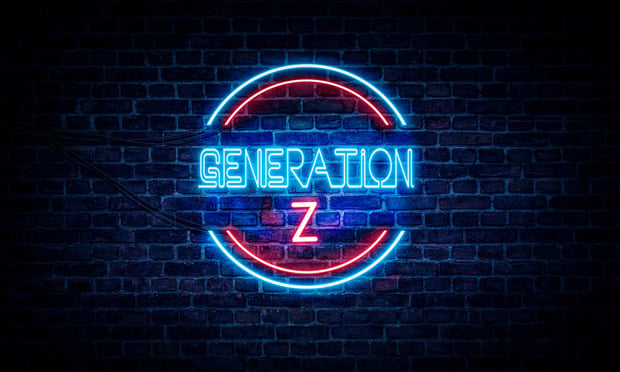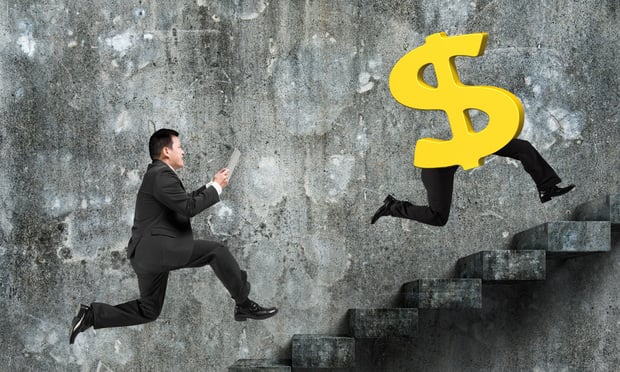(Bloomberg) -- Two former Theranos directors said they didn’t think toquestion executives as allegations arose that the strugglingstartup used existing blood-testing technology rather than itsheralded system to analyze samples.
|Former U.S. Secretary of State George Shultz and retired U.S.Navy Admiral Gary Roughead, who served on Theranos’ boardacknowledged that they failed to confront Chief Executive Elizabeth Holmes about theallegations because they believed her claims about the technology’scapabilities, according to court documents unsealed May 26 inDelaware.
|“That’s what I assumed,” Shultz testified under oath April 4. “Ididn’t probe into it. It didn’t occur to me.”
|Excerpts from the depositions were made public in an investor’slawsuit accusing Theranos officials of misrepresenting thecompany’s performance and technology in order to raise $96 millionin funding. Partner Management Fund LP agreed to settle itslawsuits in Delaware Chancery Court earlier this month for anundisclosed amount.
|Theranos has been pushing to resolve claims challenging thevalidity of the company’s blood-testing technology. The Palo Alto,California-based startup agreed in April to pay Arizona more than$4.8 million to settle consumer-fraud claims over botched tests.The company also has agreed to a two-year ban on operatingblood-testing laboratories to end a U.S. regulatory probe.
|Viability questions
Roughead, a former chief of naval operations who retired in2011, testified in a March 24 deposition that he knew Theranosexecutives sometimes used other companies’ technology to analyzeblood samples. He added that he didn’t know the extent of thatinternal practice until it was disclosed by the Wall StreetJournal.
|“It was not until some of the press reporting that I becameaware there was extensive commercial analyzers in use,” Rougheadsaid. Still, the revelations didn’t prompt him to go to Holmes and“ask her directly” about the viability of Theranos’ testing system,he said.
|Susan Schendel, a spokeswoman at Stanford University’s HooverInstitution where Shultz and Roughead are fellows, said Tuesday inan email that both men were “unavailable for comment.”
|Theranos spokeswoman Tali Mackay said Tuesday in an email thatthe unsealed deposition excerpts “represent a misleading version ofthe record.” The company “has taken significant strides to addresspast shortcomings” while continuing to develop its technologies,Mackay said.
|The startup claimed it could run multiple blood tests on just adrop of blood at a fraction of the usual price. It was forced toclose its labs after U.S. regulators found multiple failures tomeet standards as concerns over the accuracy of its testing led tocorrections of tens of thousands of patient results.
||Holmes’ hype
Tyler Shultz, George Shultz’s grandson who worked at Theranos,said in a March 6 deposition that Holmes over-hyped the company’stesting technology to the former Reagan administration official togain a “business advantage.”
|Holmes claimed “things that were just completely factually nottrue,” Tyler Shultz said. “The big ones are being able to runhundreds of blood tests from a single drop of blood.”
|The CEO also erroneously led people to believe Theranos’ testingsystem could run multiple tests simultaneously, the younger Shultzadded. “In reality, each device was calibrated to run one thing ata time.”
|In excerpts from 22 unsealed depositions, former Theranosemployees described a workplace ruled by secrecy and fear, whereworkers put in long hours trying to make the company’s testingsystem perform as advertised.
|CDC complaint
Erika Cheung, a Theranos lab worker, grew so nervous about theaccuracy of test results that she wrote a letter to federalregulators outlining her concerns, according to a March 7deposition.
|“I’m ashamed of myself for not filing this complaint sooner,”Cheung wrote in her letter to the Centers for Disease Control thatwas referenced in the unsealed filings. The lab technician said shefelt guilty because she didn’t trust the technology and “wouldn’trecommend my sister getting this test done.”
|“I wouldn’t tell my mother to go in and get these tests done,like I had no business to say it was OK to run them on otherpeople,” Cheung said.
|The lab technician said in her deposition that companyexecutives frequently demanded that staff “hide things frompeople.”
|“We were constantly hiding things from all sorts of people,whether it was regulators or whether it was outside vendors or evenpeople that would come in for demos,” she said.
|The depositions were unsealed at the request of the Wall StreetJournal, which reported on them earlier Tuesday.
|Theranos still faces at least one other investor lawsuit inaddition to claims from ex-partner Walgreens Boots Alliance Inc.that it was misled about the state of the company’s technology whenproviding blood testing in some of its Arizona stores.
|The Walgreens case is Walgreens Co. v. Theranos Inc.,16-cv-1040, U.S. District Court for the District of Delaware(Wilmington).
|Copyright 2018 Bloomberg. All rightsreserved. This material may not be published, broadcast, rewritten,or redistributed.
Complete your profile to continue reading and get FREE access to BenefitsPRO, part of your ALM digital membership.
Your access to unlimited BenefitsPRO content isn’t changing.
Once you are an ALM digital member, you’ll receive:
- Critical BenefitsPRO information including cutting edge post-reform success strategies, access to educational webcasts and videos, resources from industry leaders, and informative Newsletters.
- Exclusive discounts on ALM, BenefitsPRO magazine and BenefitsPRO.com events
- Access to other award-winning ALM websites including ThinkAdvisor.com and Law.com
Already have an account? Sign In
© 2024 ALM Global, LLC, All Rights Reserved. Request academic re-use from www.copyright.com. All other uses, submit a request to [email protected]. For more information visit Asset & Logo Licensing.








